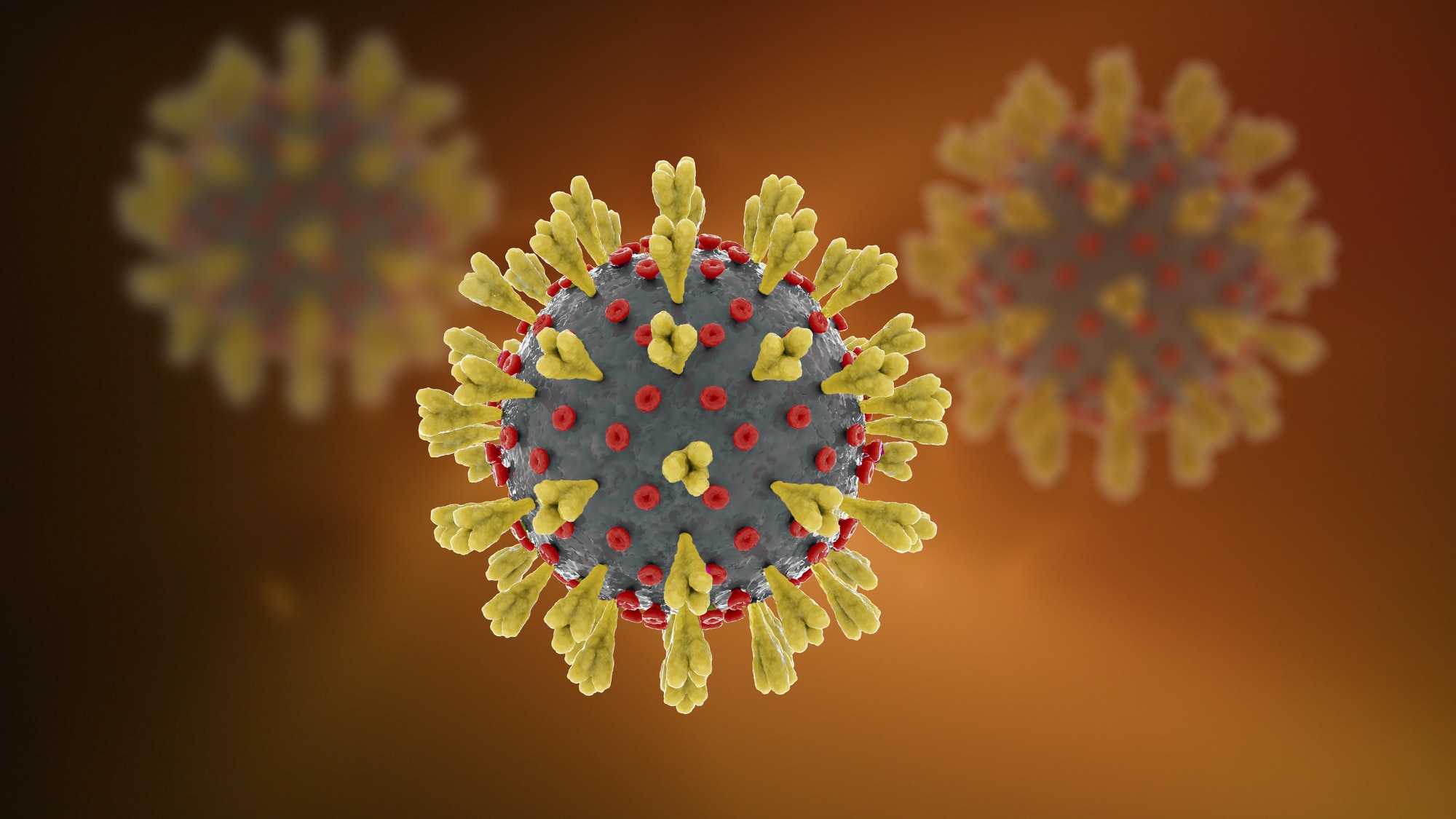
During the calendar year 2007-2008 the following projects in Ghana were completed, underway, or in the final planning stages:
Ghana has some of the highest rates of malaria transmission in the world. The knowledge of infectious disease agents is crucial to plan, implement and evaluate public health interventions and control programs. In 2001, Ghana’s Ministry of Health (MOH) estimated that there have been 2-3 million cases of malaria over the past 10 years (based on clinical findings), representing 40 percent of outpatient cases. In light of this, people are often not evaluated for alternative etiologies or co-infection of malaria and other pathogens. Similar pathogens which may present symptoms like malaria include typhoid fever, brucellosis and leptospirosis. Small case-study reports from the 1980’s reported significant prevalence of these bacterial diseases in Ghana. These limited investigations do not capture the current burden of these diseases in the population. NMIMR, 37th Military Hospital, University Hospital and NAMRU3 have established a surveillance network in Ghana with the Disease Surveillance Program at NAMRU3, Cairo to improve the diagnosis of the different forms of bacterial acute febrile illness in Ghana and to describe the epidemiologic and microbiologic characteristics of each disease.
Working alongside the Department of Virology at NMIMR, NAMRU3 has provided technical assistance to members of the National Avian Influenza working team. This assistance is in the form of training individuals in Cairo on the identification/typing of influenza strains as well as viral isolation techniques, specifically for H5N1. NAMRU3 has also provided essential equipment and reagents to the NMIMR to help establish itself as the National Influenza Center for Ghana. This facility is a part of a CDC-WHO global network of influenza reference laboratories. This addresses a critical priority through annual detection of viral antigenic shift and drift surveillance thereby allowing one to select the appropriate components of annual vaccines and to detect outbreaks.
The lead institution on this contract is NMIMR with a primary field site at the Navrongo Health Research Centre (NHRC). The Naval Medical Research Center (NMRC) Malaria Program in Bethesda, MD receives funding under an Inter Agency Agreement contained within the National Institute of Health contract. Previously, the Ghana Detachment has undertaken a number of separate studies as part of this contract, all designed either to provide important baseline epidemiological or entomological information useful in designing vaccine trials, or to exercise the team’s ability to operate in accordance with Good Clinical Practices and Good Laboratory Practices.
Gallery




